Convert your for-loop into a so-called list comprehension (you don't need eval / exec and wrap the whole thing in a string as the current top answer suggests):
In [1]: [i for i in range(3)]
Out[1]: [0, 1, 2]
You can also keep your print() statement if you want it on multiple lines, but the return value (None) will be put in the array that is returned, so you'll get this:
In [2]: [print(i) for i in range(3)]
0
1
2
Out[2]: [None, None, None]
To suppress that final output line, you can add a semicolon:
In [3]: [print(i) for i in range(3)];
0
1
2
So much for ipython3, but perhaps more usefully, what about command-line usage? You can't do python3 -c 'import sys; for line in sys.stdin: print(line)' but you can use list comprehension:
$ python3 -c '[print(i) for i in range(3)]'
0
1
2
So if you want to run a bit of python over each line:
$ cat inputfile
two
examples
$ cat inputfile | python3 -c 'import sys; [print(line.strip().upper()) for line in sys.stdin]'
TWO
EXAMPLES
(You can replace cat infile | with <infile but this seemed more accessible for those not familiar with Bash syntax, and those who are familiar can trivially replace it.)
